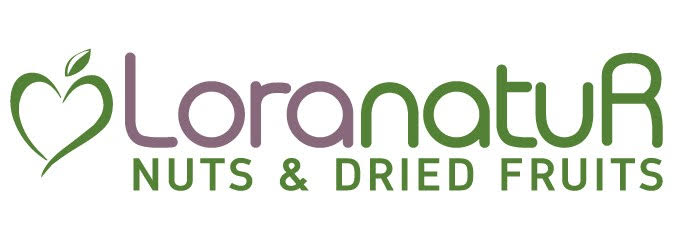In the ever-evolving world of education, where details streams abundantly and access to expertise is only a click away, student-driven encyclopedias are becoming a dynamic tool in the learning process.

These systems not only give trainees with a repository of information however also urge them to contribute, modify, and curate web content, cultivating a collaborative and interactive knowing setting.
As educational standards change in the direction of even more participatory and comprehensive models, the idea of student-driven encyclopedias personifies this makeover. These systems encourage students to become active individuals in expertise development, linking the space between standard book knowing and modern-day digital resources.
The Idea of Student-Driven Encyclopedias
Student-driven encyclopedias are digital platforms where students jointly gather, confirm, and disseminate info on a large variety of topics. Unlike typical encyclopedias, which are usually written by professionals, these platforms utilize the joint efforts of trainees to create a comprehensive body of knowledge.
At their core, student-driven encyclopedias are developed to cultivate essential reasoning, study skills, and electronic literacy among pupils. By engaging in the procedure of material production, pupils discover to navigate and examine information critically, skills that are essential in today’s information-rich society.
In addition, these platforms work as a room for students to explore their passions and share their proficiency. This democratic approach to knowledge development makes certain that a varied variety of viewpoints and voices are represented, improving the finding out experience for all participants.
- Students gain hands-on experience in research and web content production.
- Encourages cooperation and peer interaction.
- Advertises a much deeper understanding of subject matter.
- Fosters inclusivity and variety in knowledge depiction.
Fundamentally, student-driven encyclopedias transform trainees from easy receivers of information into energetic factors, instilling a sense of possession and responsibility in their instructional trip.
Advantages of Student-Driven Encyclopedias
Among the major benefits of student-driven encyclopedias is the advancement of vital 21st-century skills. As pupils take part in the procedure of web content creation, they develop their important reasoning, electronic literacy, and communication skills, all of which are critical in today’s interconnected world.
Furthermore, these systems encourage a joint learning atmosphere, where students can interact to verify details, argument different perspectives, and co-edit write-ups. This peer-to-peer interaction not just improves finding out outcomes but likewise cultivates a feeling of area and common regard amongst students.
Moreover, student-driven encyclopedias provide a system for showcasing student job. As trainees contribute to the encyclopedia, they construct a portfolio of their research study and writing, which can be indispensable for more academic and professional quests.
Challenges and Limitations

Regardless of the numerous benefits, student-driven encyclopedias likewise deal with particular difficulties. Ensuring the precision and dependability of details is paramount, as these platforms rely on contributions from trainees that might not yet have expert-level expertise.
- Maintaining material quality and precision.
- Offering appropriate guidance and assistance.
- Guaranteeing fair access and inclusivity.
To reduce these difficulties, several student-driven encyclopedias apply a system of checks and equilibriums, where content is assessed by instructors or professionals before publication. This ensures that the details provided is both precise and reliable, maintaining the honesty of the platform.
The Future of Student-Driven Encyclopedias
As innovation continues to advancement and the landscape of education advances, the potential for student-driven encyclopedias is substantial. These platforms have the ability to not just enhance conventional academic sources but likewise redefine the method knowledge is acquired and shared.
In the future, we could see student-driven encyclopedias integrating more advanced technologies such as artificial intelligence and machine learning to boost material curation and questions & answers from students personalization. In addition, they might increase beyond textual info to include multimedia material, supplying an extra immersive knowing experience.
Empowering the Future Generation
Student-driven encyclopedias hold the pledge of empowering the future generation of learners. By positioning students at the helm of understanding development, these systems encourage long-lasting discovering, interest, and intellectual independence.
Finally, as academic systems continue to innovate, student-driven encyclopedias stand as a testimony to the power of cooperation and the relevance of pupil agency in the learning procedure. By accepting these systems, we open the doors to a more inclusive, appealing, and dynamic educational experience for all.
